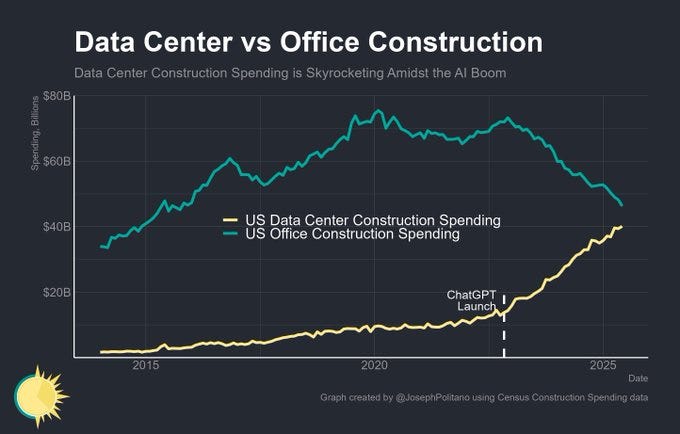
Advancing Translational Research in Alzheimer’s Disease
Researchers from Duke University, Harvard University, and the University of Otago have developed a new tool that can now estimate how fast a person is aging using a single MRI scan of the brain. Called DunedinPACNI, the noninvasive MRI-based biomarker can quantify the rate of biological aging of people in midlife to forecast risks for dementia, chronic disease, and death in older adulthood. Details of the new algorithm, which is freely available on GitHub, are published in Nature Aging.
To develop the tool the researchers used data from the Dunedin Study, a longitudinal cohort that has tracked the health of 1,037 individuals born in 1972–1973 in New Zealand. Over nearly two decades, participants were repeatedly assessed on biomarkers including blood pressure, kidney and lung function, cholesterol, glucose levels, and dental health. These data allowed researchers to calculate a Pace of Aging score for each participant.
“What’s really cool about this is that we’ve captured how fast people are aging using data collected in midlife,” said senior author Ahmad Hariri, PhD, a professor of psychology and neuroscience at Duke University, “and it’s helping us predict diagnosis of dementia among people who are much older.”













